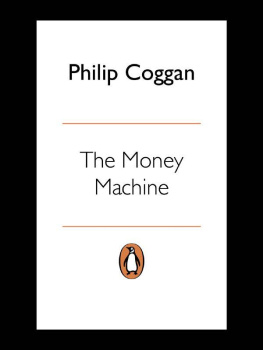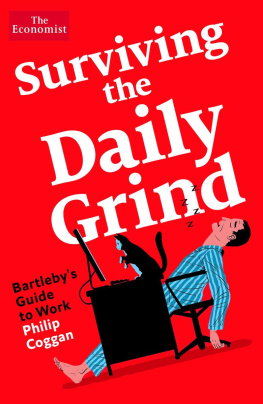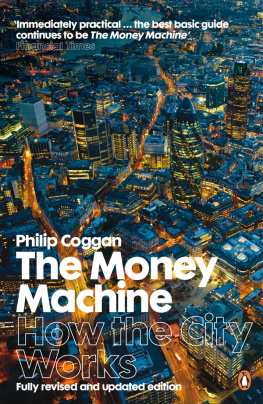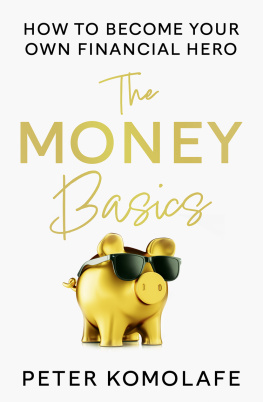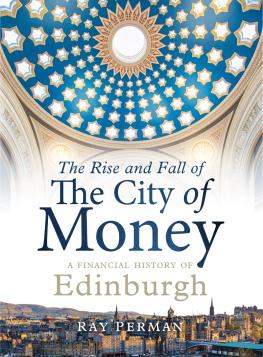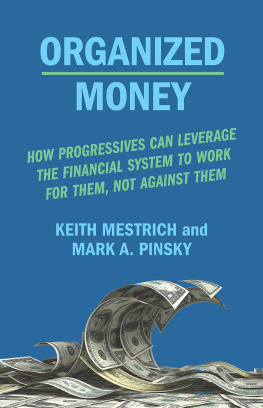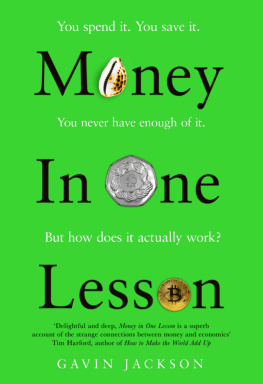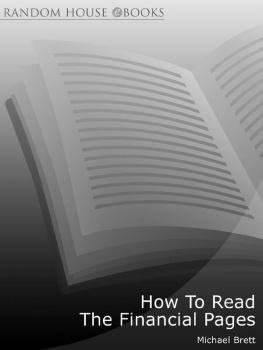Introduction
Finance has moved on to the front page. The collapse of some of Britains leading banks in 2007 and 2008 has cost the taxpayer billions. It has brought the City, once seen as Britains most successful industry, into disrepute. Many people think the financial sector has been too powerful, imposing free-market dogma on unwilling populations. They resent the way that financiers make millions in bonuses when times go well but expect the taxpayer to bail them out when things go badly, as they did in 2008.
This ambivalent attitude towards financiers dates back over centuries. Roman emperors and medieval monarchs had to flatter financiers when they needed to borrow money; the attitude quickly turned to revulsion when the time came to pay it back. Whole populations have been caught up in frenzies of speculation dating back from Dutch tulip mania through the South Sea Bubble to the Florida land boom of the 1920s. Individual financiers have found it laughably easy to buy popularity when their schemes were prospering (think of Robert Maxwell). But there have been no shortages of commentators saying I told you so when their empires subsequently collapsed.
Perhaps the public has tended to treat the subject of finance as a soap opera (complete with heroes and villains) because too few people attempt to understand the workings of the financial system. Although the details of individual financial deals can be very complex, there are basic principles in finance which everyone can understand and which apply as much to the finances of Mr Smith, the grocer, as to Barclays Bank. The more fully people understand these principles, the more they will be able and willing to criticize, and perhaps even participate in, the workings of the financial system. Like all areas of public life, it needs criticism to ensure its efficiency.
Even those who do not own shares should care about how the City performs. It is one of the UKs biggest industries and a vital overseas earner in areas such as insurance and fund management.
THE CITY
First of all, what is the role of the UK financial system, and in particular of the City of London, which is at its heart?
Its primary function is to put people who want to lend (invest) in touch with people who want to borrow. A simple example of this role is that of the building societies. They collect the small savings of individuals and lend them to house buyers who want mortgages.
Why do the savers not just lend directly to borrowers, without the intervention of financial institutions? The main reason is that their needs are not compatible with those of the end borrowers. People with mortgages, for example, want to borrow for twenty-five years. Savers may want to withdraw their money next week. In addition, the amounts needed are dissimilar. Companies and governments need to borrow amounts far beyond the resources of most individuals. Only by bundling together all the savings of many individuals can the financial institutions provide funds on an appropriate scale.
Who are the borrowers? Businesses are one group. Companies will always need money to pay for raw materials, buildings, machinery and wages before they can generate their own revenues by selling their goods or services. To cover the period before the cash flows in, companies either borrow from the banks or raise capital in the form of shares or bonds. Without this capital it would be impossible for companies to invest and for the economy to expand.
The second major set of borrowers is governments. No matter what their claims to fiscal rectitude, few governments have ever managed to avoid spending more than they receive. The UK government and other nations governments come to the City to cover the difference.
Who wants to lend? In general, the only part of the economy which is a net saver (i.e. its savings are greater than its borrowings) is the personal sector individuals like you and me. Rarely do we lend directly to the government or industry or other individuals: instead we save, either through the medium of banks and building societies or, in a more planned way, through pension and life assurance schemes. Lending, saving and investing are thus different ways of looking at the same activity.
So financial institutions are there to channel the funds of those who want to lend into the hands of those who want to borrow. They take their cut as middlemen. That cut can come in three forms: banks can charge a higher interest rate to the people to whom they lend than they pay to the people from whom they borrow, or they can simply charge a fee for bringing lender and borrower, or issuer and investor, together. Over the last twenty years, they have increasingly added a third activity: trading assets. This contributed to the credit crunch that started in 2007.
There is no doubt that financial institutions perform an immensely valuable service: imagine life without cashpoint cards, credit cards, mortgages and car loans. Even those Britons who do not have a bank account would never be paid if the companies for which they work did not have one. Indeed, the companies might not have been founded without loans from banks.
It is important, when considering some of the practices discussed in this book, to remember that the business of financial institutions is the handling of money. Some of their more esoteric activities, like financial futures, can appear to the observer to be mere speculation. But speculation is an unavoidable part of the world of financial institutions. They must speculate, when they borrow at one rate, that they will be able to lend at a higher rate. They must speculate that the companies to whom they lend will not go bust. To criticize the mechanisms by which they do speculate is to ignore the basic facts of financial life.
Financial institutions are a vital part of the British economy. Whether the rewards they receive are in keeping with the importance of the part they play is another question, which we will examine in the final chapter.
THE INSTITUTIONS
The most prominent financial institutions are the banks, which can be divided roughly into two groups, commercial (retail) and investment, formerly known as merchant, banks. The former rely on the deposits drawn from ordinary individuals, on which they pay little or no interest and which they re-lend at a profit. Commercial banks must ensure that they have enough money to repay their customers, so they need to own some safe assets they can sell quickly. The latter group traditionally relied more on fees earned from arranging deals such as takeovers; nowadays, these banks also get heavily involved in market trading. However, the division between the two groups is not clear-cut since many commercial banks have investment banking arms.

